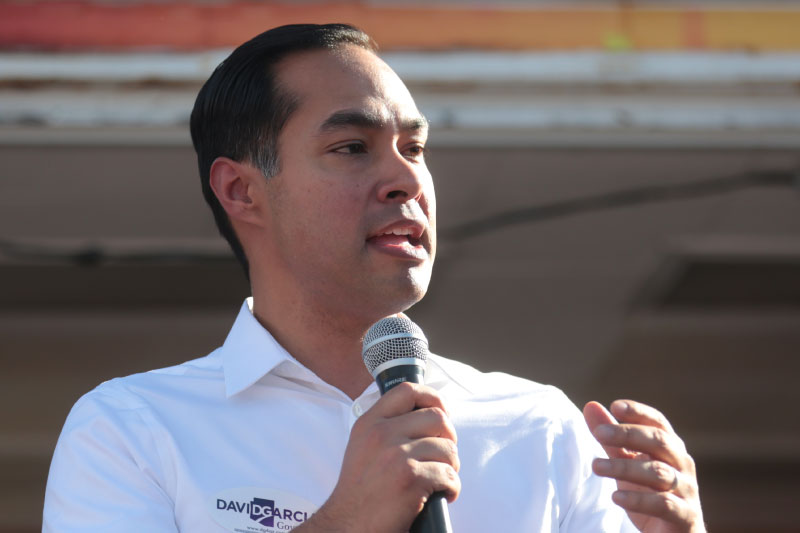
Julián Castro is a former HUD Secretary and a Democratic candidate for president of the United States. He also happens to be Latino, so of course I should support him—and I do. The truth is that Julián is a long shot. The Texas native comes from humble beginnings, but he and his twin brother Joaquín Castro, himself a United States Congressman, graduated from both Stanford and Harvard and launched their respective political careers in their hometown of San Antonio—following the footsteps of political icons like Henry Cisneros and Henry B. Gonzáles. When I first heard that Julián was running for president, I thought it was premature. I actually thought he was a little green to be HUD Secretary, just a few years ago, but when I heard him lay out his plan for immigration reform, I was blown away. A Hispanic running for president leading with the issue of immigration may seem a bit obvious, but Castro did his homework and fearlessly laid out a plan somewhat akin to the post-WWII Marshall Plan in which the United States will lead an effort to revitalize Central and Latin America. Castro astutely understands that the only realistic way to curb illegal immigration from the southern border is for Latin America to thrive. I don’t know how well Castro will do in 2020, but I bet he does a lot better than most people think he will.
Never in U.S. history have we had two older or less popular candidates running for president of the United States than we do today. We repeatedly hear the question, “How can these two candidates be the best our country has to offer?”.
if you are primarily fearful of living in a society that is racist and discriminatory, you should be very concerned with what is happening with the political far left. If your primary fear is moving our society towards socialism and communism, then you should be mostly fearful of the political far right. That statement may seem counterintuitive, but it is absolutely true.
People on the political right believe that people on the extreme left are the biggest problems in our nation. People on the political left think that people on the extreme right pose the biggest threat. This is one occasion when both sides are correct.
